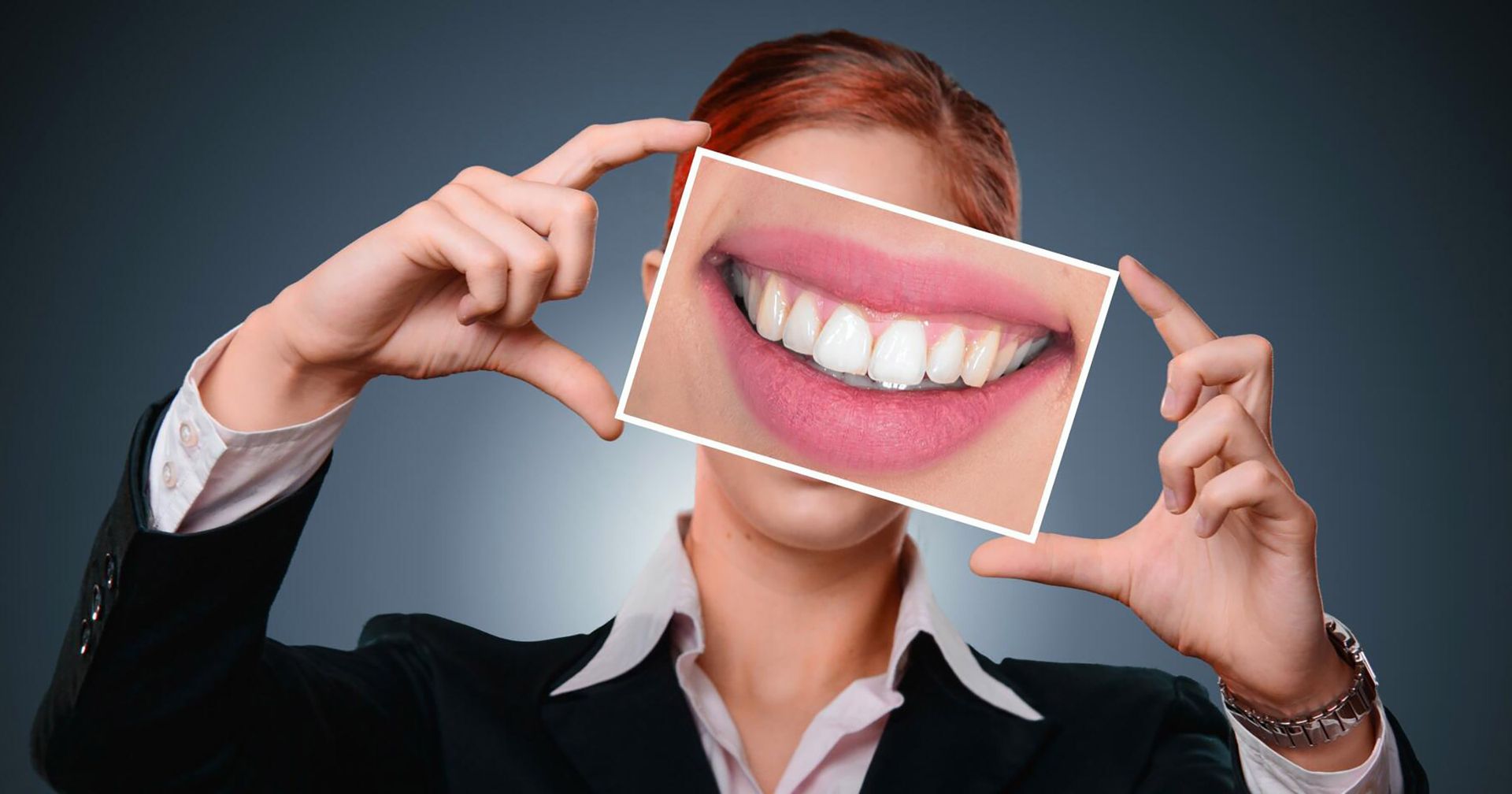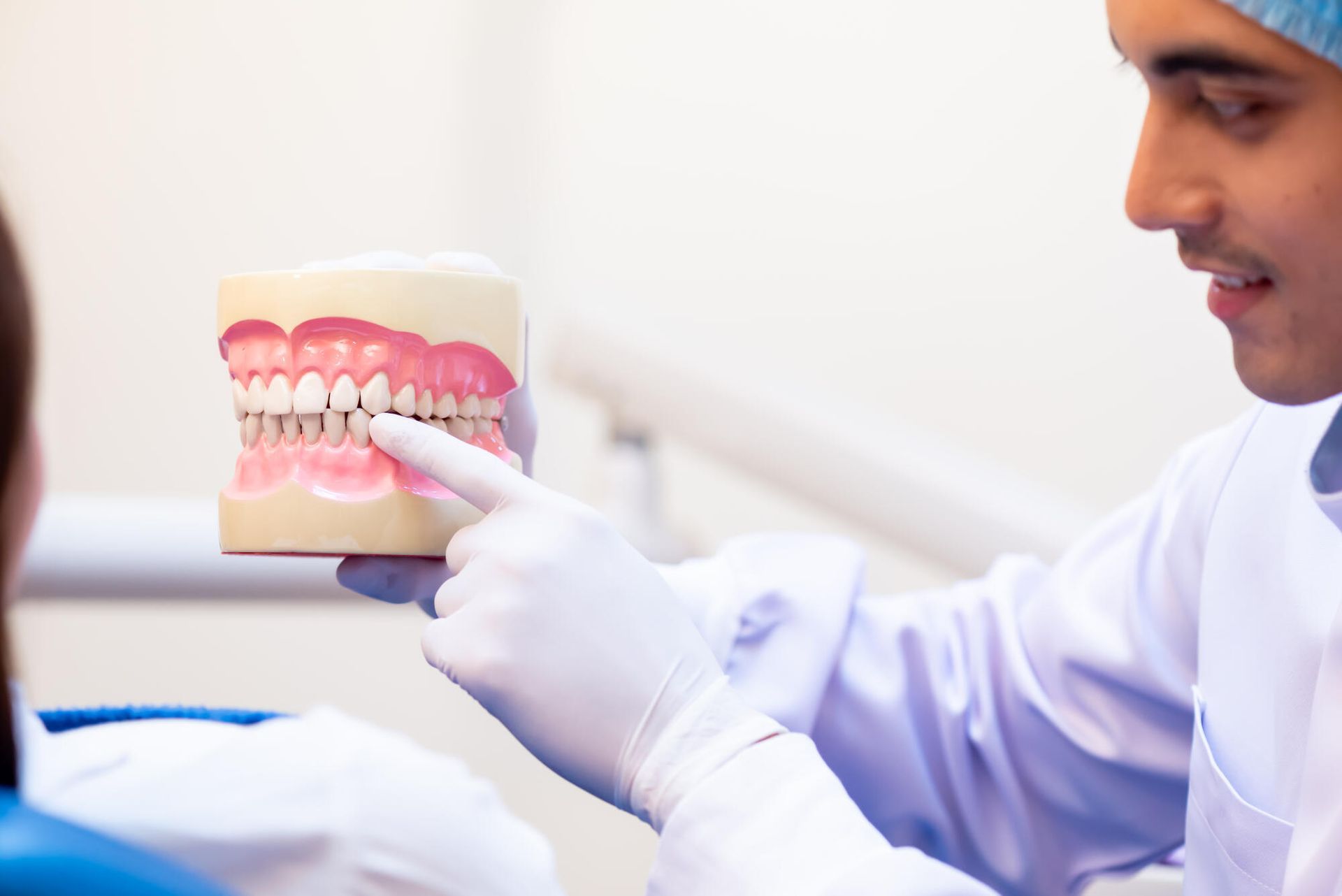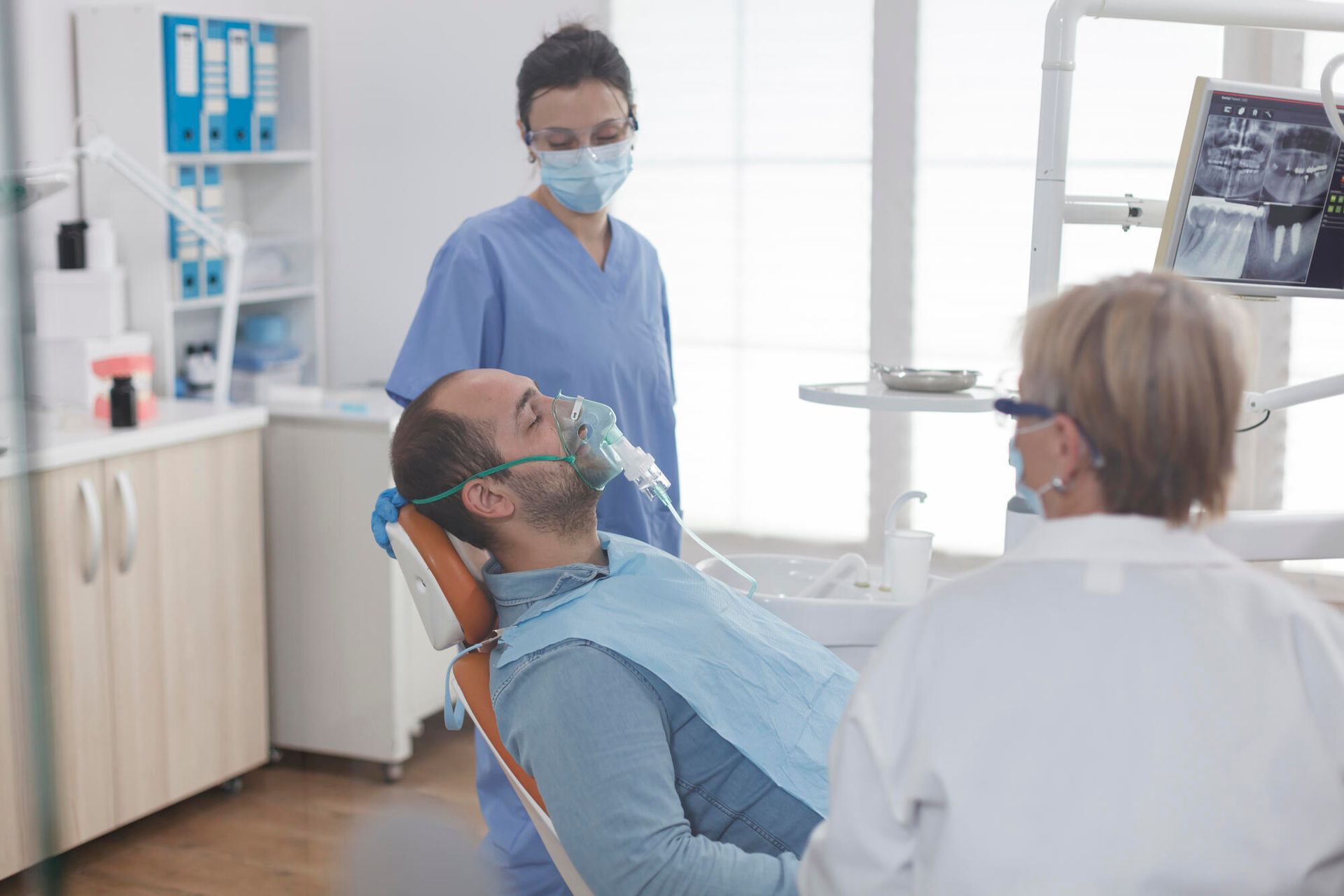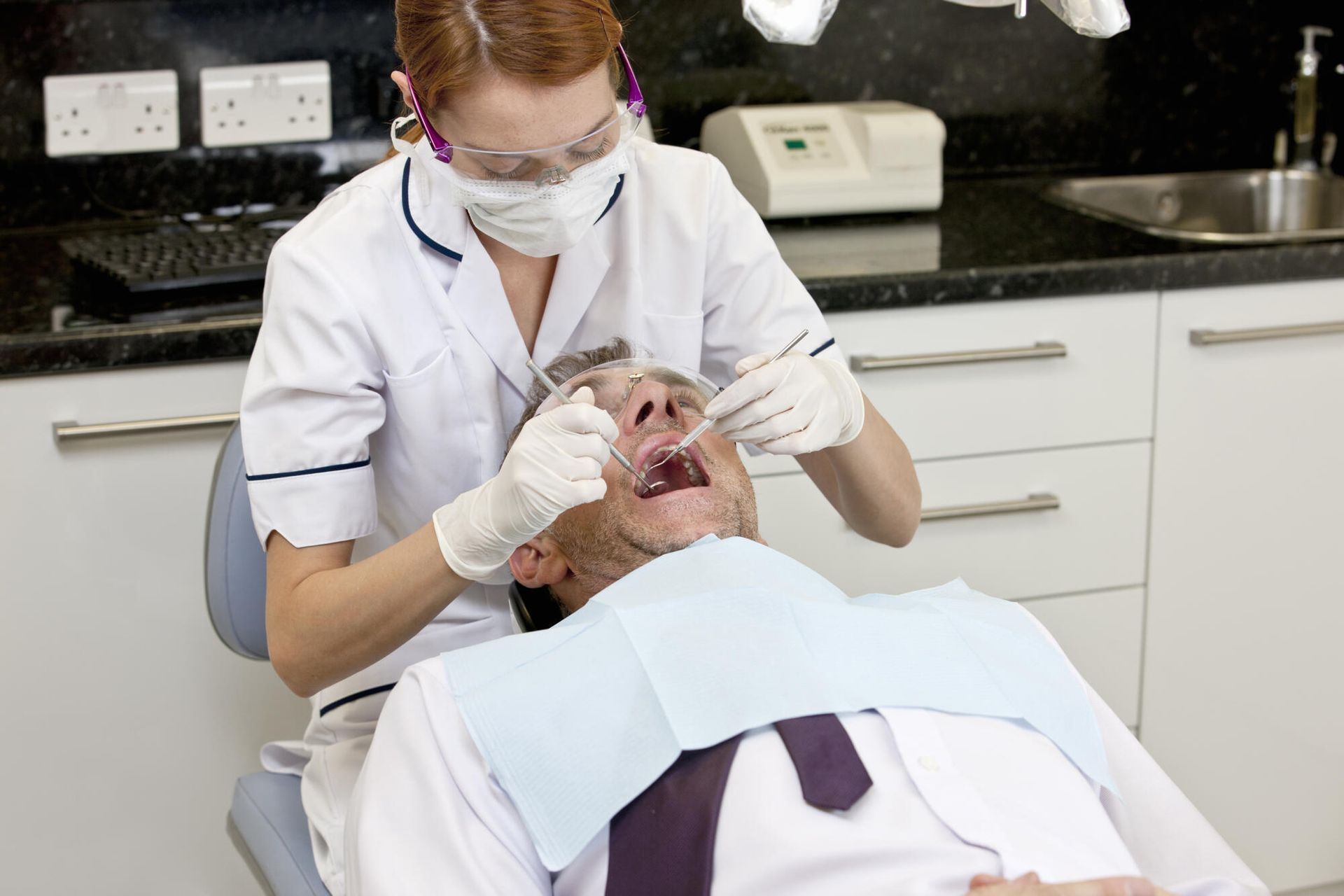Teeth Grinding (Bruxism): Causes, Effects, and Treatments
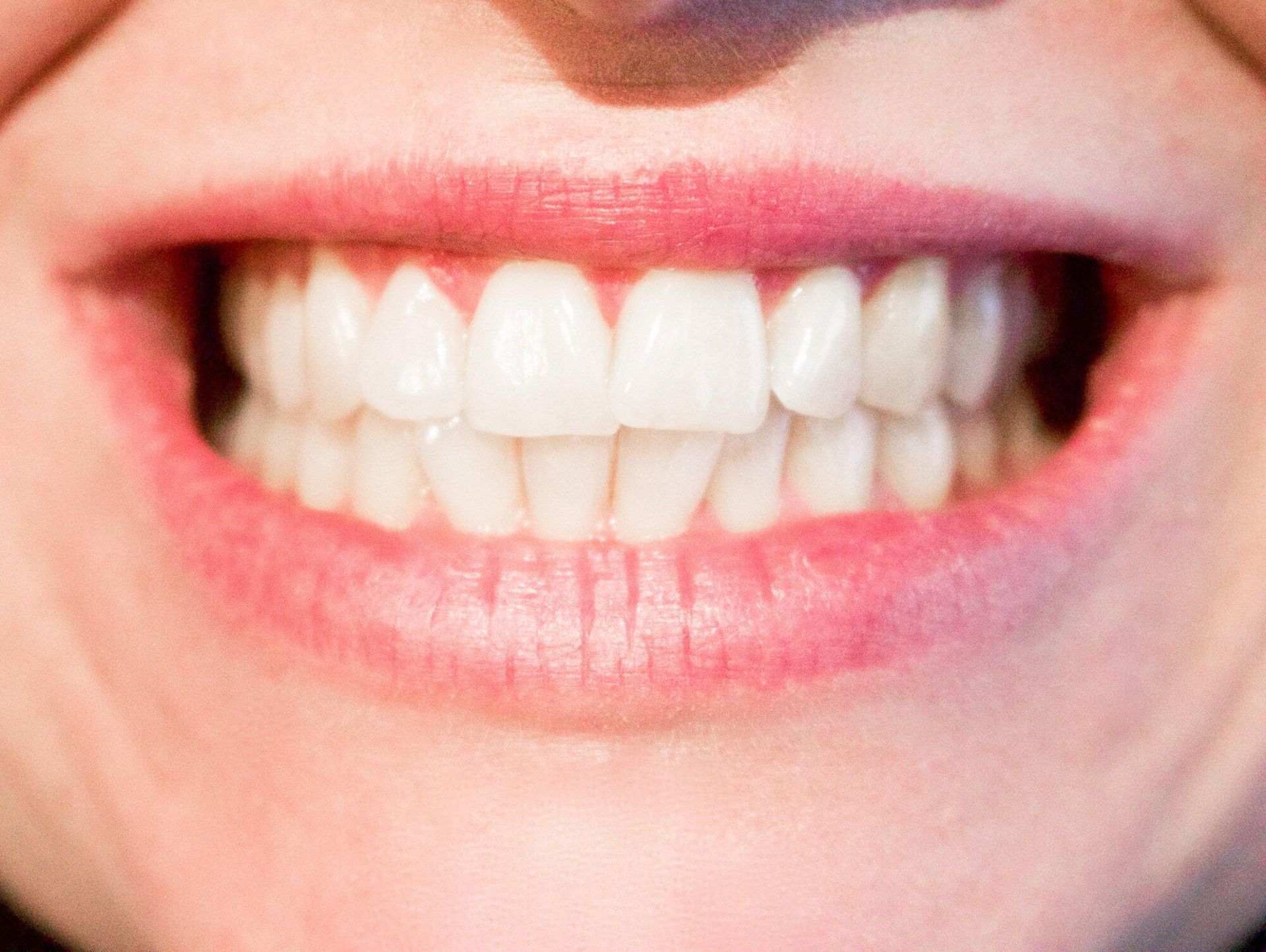
Do you wake up with a sore jaw or persistent headaches? You might be experiencing teeth grinding, also known as bruxism. According to the Sleep Foundation, this condition affects roughly 8% of middle-aged adults and 3% of older adults.
It can lead to serious dental damage, disrupted sleep, and ongoing discomfort if left untreated.
Today, we're taking a closer look into what causes teeth grinding, how it impacts your health, and the treatments available to protect your smile. Whether it's stress, misaligned teeth, or lifestyle habits, understanding the root causes and solutions is key to finding relief.
Causes of Teeth Grinding
Understanding the causes of teeth grinding is essential for managing the condition. While there can be multiple triggers, most cases fall into three main categories:
- Stress
- Dental alignment issues
- Other contributing factors
Stress and Teeth Grinding
Stress is one of the most common causes of teeth grinding, especially during sleep. When individuals are under pressure, their bodies may respond by clenching their jaws or grinding their teeth unconsciously.
It can become a regular habit, even when stress levels decrease, making it a persistent issue. People with high stress or anxiety are often more prone to experiencing bruxism.
Dental Misalignment
Problems with tooth alignment, also called malocclusion, can trigger grinding. If the upper and lower teeth don't fit together properly, the jaw may work harder to find a comfortable position.
The strain can lead to grinding, especially at night. Misaligned teeth contribute to bruxism and may cause uneven wear on the enamel, compounding the problem.
Other Contributing Factors
Teeth grinding can also result from lifestyle habits and medical conditions.
Consuming high amounts of caffeine or alcohol can increase the likelihood of grinding, particularly before sleep. Sleep disorders, like sleep apnea, are closely associated with bruxism. Some medications, such as antidepressants, can have grinding as a side effect.
Effects of Teeth Grinding
Teeth grinding can severely affect oral health, well-being, and daily life. There are three key areas where teeth grinding causes problems:
- Damage to oral health
- Physical discomfort
- Sleep disruption
Damage to Oral Health
One of the most immediate effects of teeth grinding is the damage it causes the teeth. Constant grinding wears down enamel, the protective outer layer of the teeth. It can increase sensitivity, making eating or drinking hot and cold items uncomfortable.
Over time, teeth may chip, crack, or flatten, requiring expensive dental repairs. Excessive pressure can also weaken tooth fillings or crowns, increasing the likelihood of further damage.
Physical Discomfort
Teeth grinding can lead to significant physical discomfort in the jaw and surrounding areas. Jaw pain is common, and many people develop temporomandibular joint (TMJ) disorders, making speaking or chewing difficult.
Grinding also strains facial muscles, leading to tension headaches or earaches.
Sleep Disruption
Sleep can be challenging for those who grind their teeth at night. The noise of grinding can disturb a partner, but it also prevents the person grinding from achieving deep, restful sleep.
Poor sleep quality can lead to fatigue, irritability, and reduced focus during the day. Grinding linked to sleep disorders like sleep apnea can create an ongoing cycle of sleep disruption.
Bruxism Symptoms and Diagnosis
Diagnosing bruxism often requires the help of a dental professional who can identify the signs during an exam. Dentists typically look for physical evidence of teeth grinding, such as worn enamel, flattened or chipped teeth, or unusual wear patterns. Patients may also report symptoms like jaw pain, tooth sensitivity, or frequent headaches, which can point to the condition.
In some cases, dentists will ask about lifestyle factors that might contribute to grinding. Stress levels, caffeine or alcohol intake, and any history of sleep disturbances are often discussed to uncover potential triggers.
If you exhibit symptoms of nighttime teeth grinding, your Catoosa dentist may recommend further evaluation through a sleep study to confirm the diagnosis. It's particularly helpful for cases linked to sleep apnea or other disorders.
Early diagnosis is critical to managing bruxism effectively. Regular check-ups with a dentist in Locust Grove, OK, can help catch the signs before severe damage occurs.
Teeth Grinding Solutions and Treatments
Managing teeth grinding requires a combination of approaches tailored to the individual's needs. Addressing root causes is essential for lasting relief. There are three main areas of focus when treating bruxism:
- Using protective devices
- Reducing stress
- Making lifestyle changes
Night Guard Benefits
One of the most effective teeth-grinding solutions is a custom-fitted night guard. You wear it while sleeping, which acts as a barrier between the upper and lower teeth.
Night guards protect against further damage and can reduce jaw strain by keeping the teeth in more comfortable positions. Custom guards fit securely and are designed to address specific grinding patterns. While over-the-counter options are available, they may not provide the same level of comfort or protection.
Reducing Stress and Anxiety
Stress plays a significant role in teeth grinding, so managing it can significantly reduce the frequency and severity of the condition. Relaxation techniques like deep breathing, yoga, and meditation can help lower stress levels.
Therapy or counseling may be beneficial for individuals experiencing high levels of anxiety. Identifying stress triggers and learning coping mechanisms can also make a significant difference.
Lifestyle and Dental Adjustments
Lifestyle changes can further support the treatment of bruxism. Cutting back on caffeine and alcohol, especially in the evening, helps promote relaxation and reduces grinding during sleep.
Maintaining good sleep hygiene, like setting a regular time to go to bed and creating a calming environment, can improve overall restfulness. For cases caused by misaligned teeth, orthodontic work or restorative dental procedures may be recommended.
Healthy Teeth in OK
Teeth grinding can impact oral health and overall well-being, but understanding its causes, effects, and treatments offers a path to relief.
At Dental Arts, our priority is your health and comfort. We offer evening and weekend hours, up to 25% off with in-office dental plans, and a welcoming atmosphere.
Dr. Michaelsen and our team are committed to making quality care accessible. Explore our new patient special and experience the difference.
Get in touch today to find out how we can help with your teeth-grinding issues!
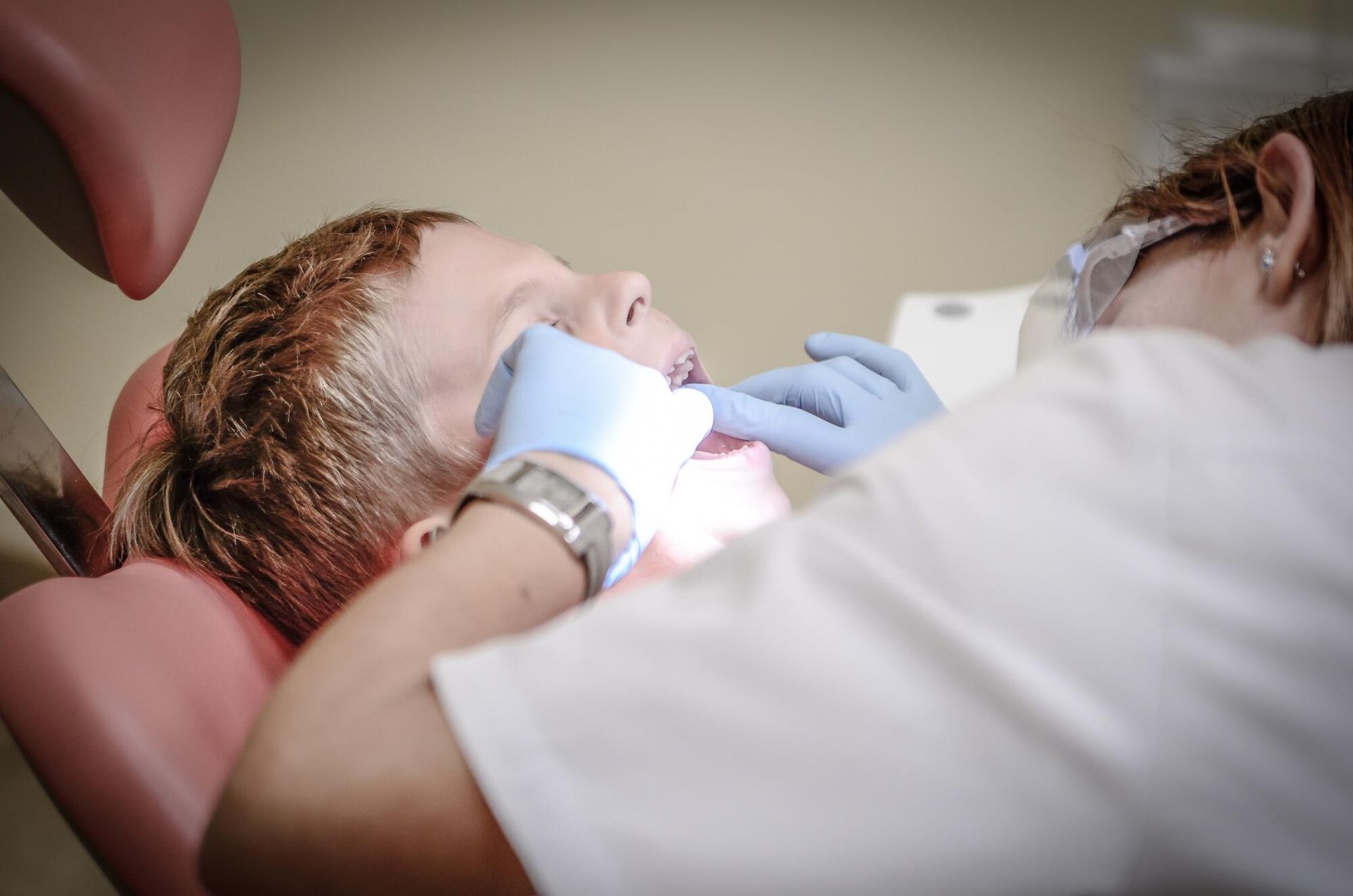
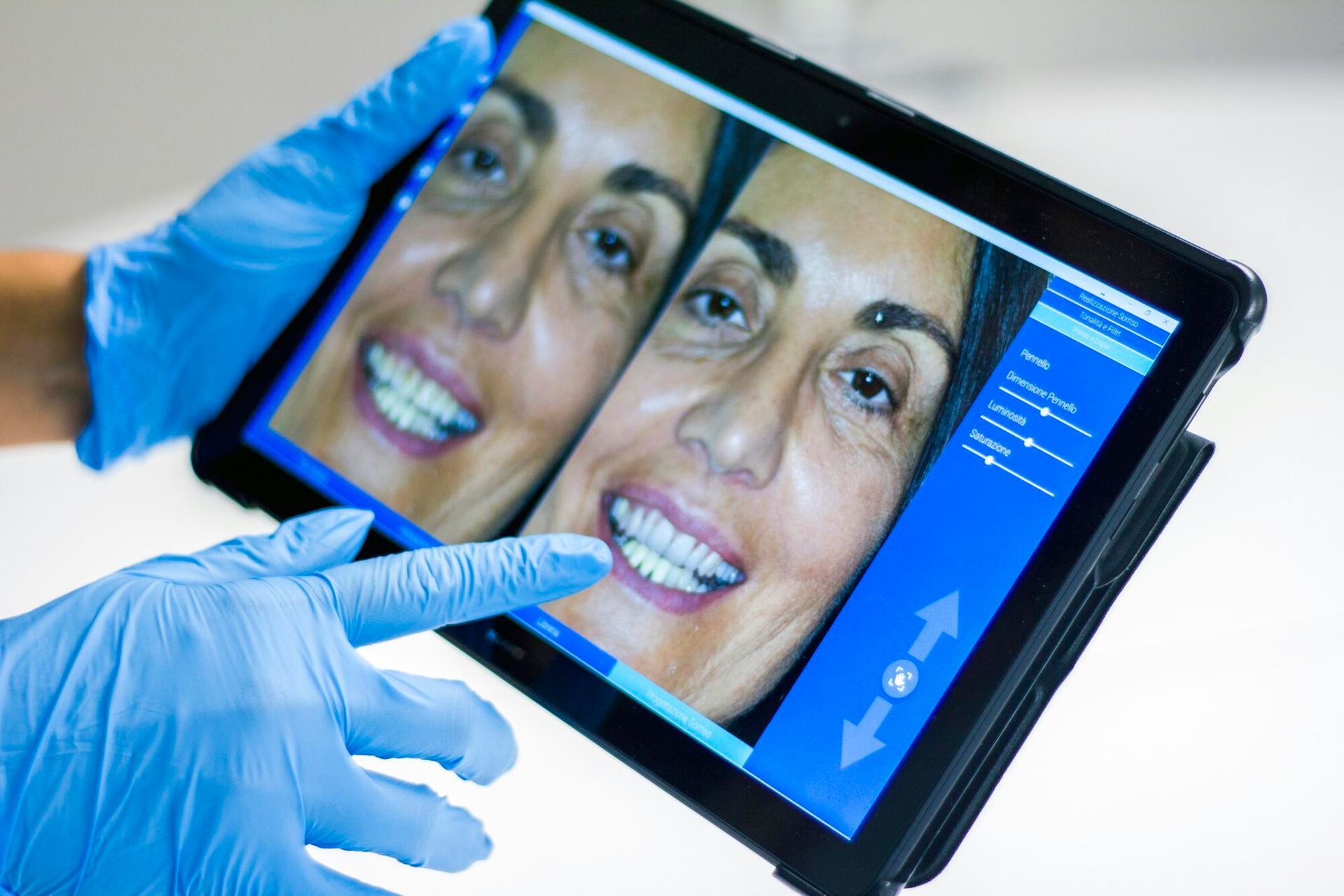
Catoosa Location
Locust Grove Location
Bixby Location
Tulsa Location
Nowata Location
This website and its marketing content are provided exclusively for use by clients of Dental Arts Management, LLC under the terms and conditions of the management services agreement.
All Rights Reserved | Dental Arts
Website Designed & Maintained by Xpress Promotion
918-937-7587
918-276-7318
918-205-7217
918-303-5048
918-393-4083

